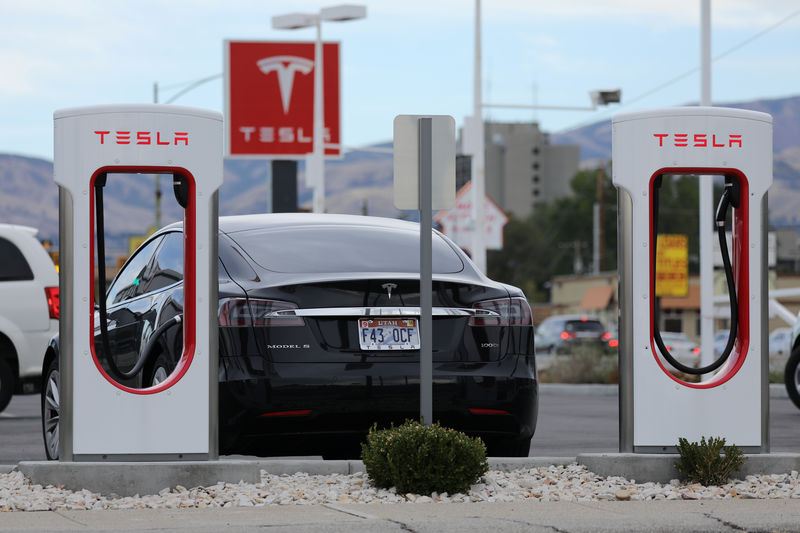Reuters reports Tuesday, citing unnamed sources, that Tesla (NASDAQ:TSLA) has formulated strategies to produce and market battery storage systems in India. According to sources familiar with the matter, the electric automaker has also submitted a proposal to government authorities in an effort to secure incentives for the construction of a factory, all part of Elon Musk's ongoing efforts to establish a presence in the country.
Tesla has been engaged in discussions for several weeks regarding the establishment of an EV manufacturing facility in India, aimed at producing an affordable car priced at approximately $24,000. The deliberations have been personally overseen by Prime Minister Narendra Modi.
During recent meetings held in New Delhi, Tesla presented a proposal to contribute to India's battery storage capabilities through its "Powerwall" system. This technology is designed to store energy generated from solar panels or the grid, making it available for use during nighttime or power outages, the sources said.
The proposal for the Powerwall system is just one facet of Tesla's comprehensive strategy to establish a more extensive presence in India, extending beyond electric vehicles (EVs). According to the second source, Tesla is actively seeking both residential and industrial customers for its battery storage solutions.
"Large policy level calibration will be required. Tesla's intent is to have the Powerwall business in India," said the source.
India has made efforts to enhance electricity access in towns and villages; however, it continues to grapple with electricity shortages during peak demand periods. The country heavily relies on coal-based power generation, primarily because energy storage technologies are costly and not yet widely adopted.
In the previous year, India confronted its most severe power crisis in over six years, primarily attributed to challenges in coal transportation. Additionally, delays in expanding both coal and hydropower capacity have heightened the risk of nighttime power outages, particularly when solar energy is unavailable.
India has set ambitious targets, aiming to increase its non-fossil fuel power capacity to 500 GW by 2030, a substantial leap from its current 186 GW capacity.
Shares of TSLA are down 2.66% in early trading Thursday morning.
